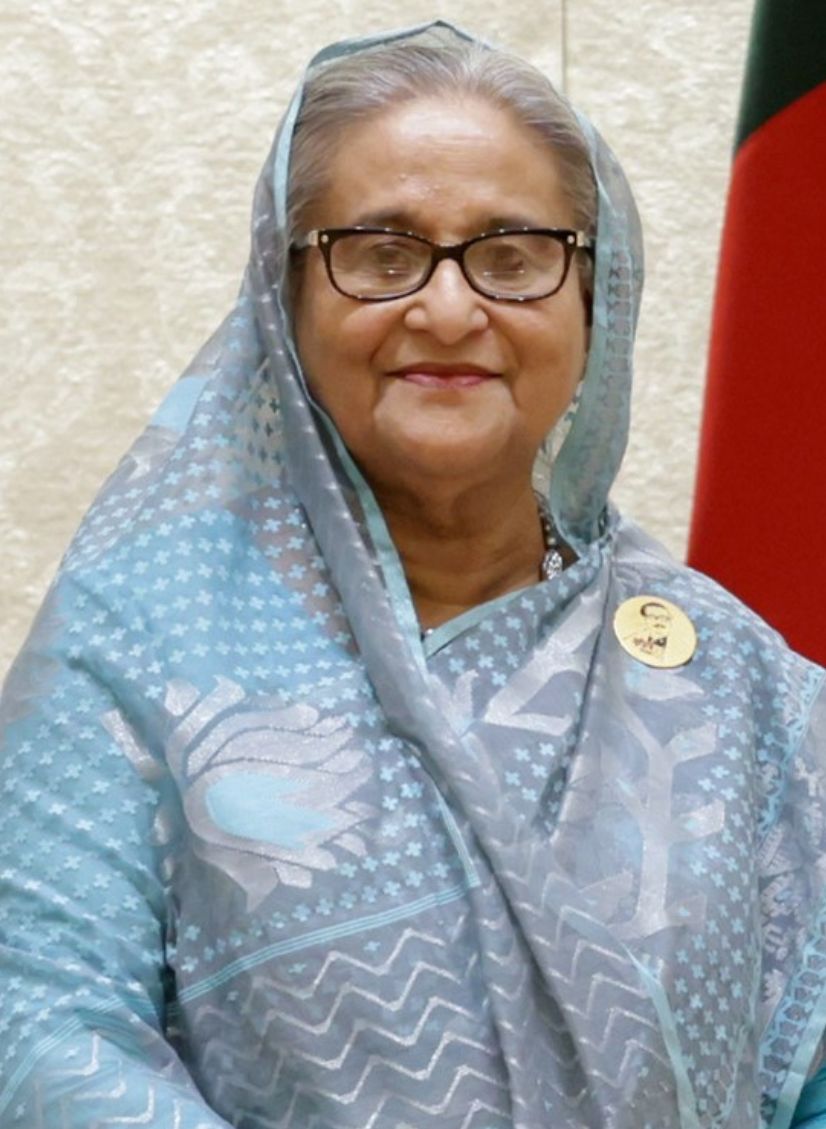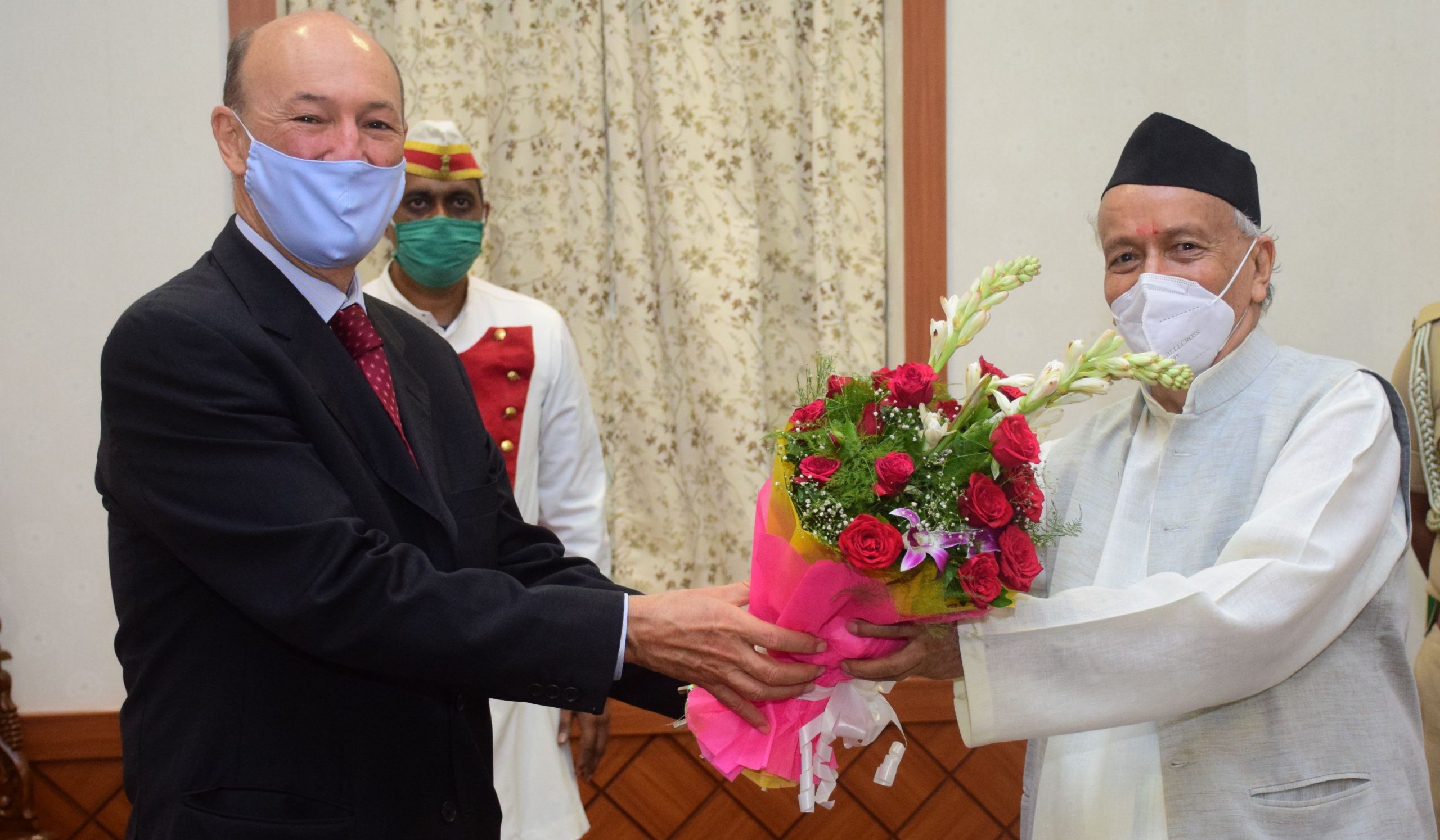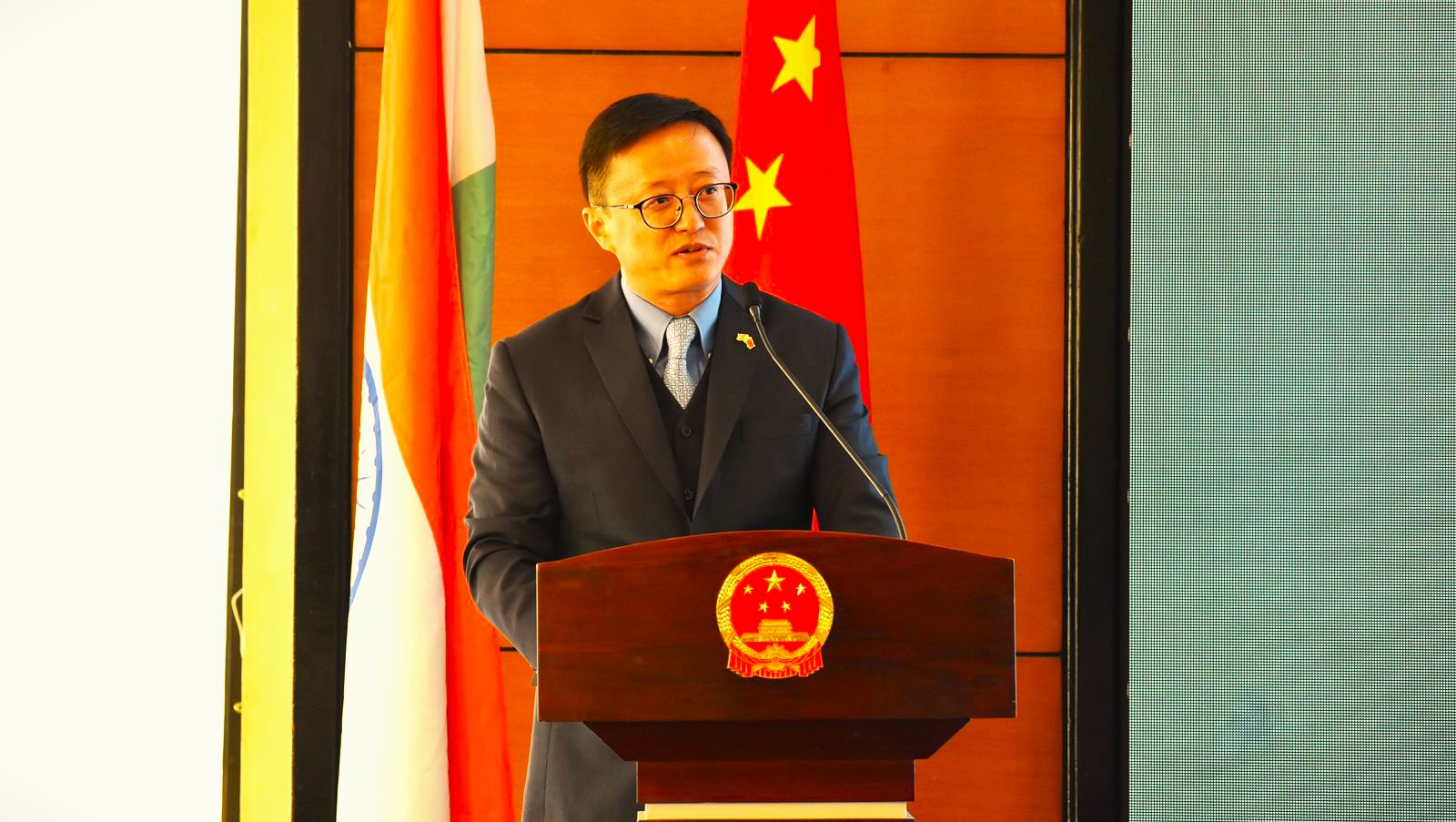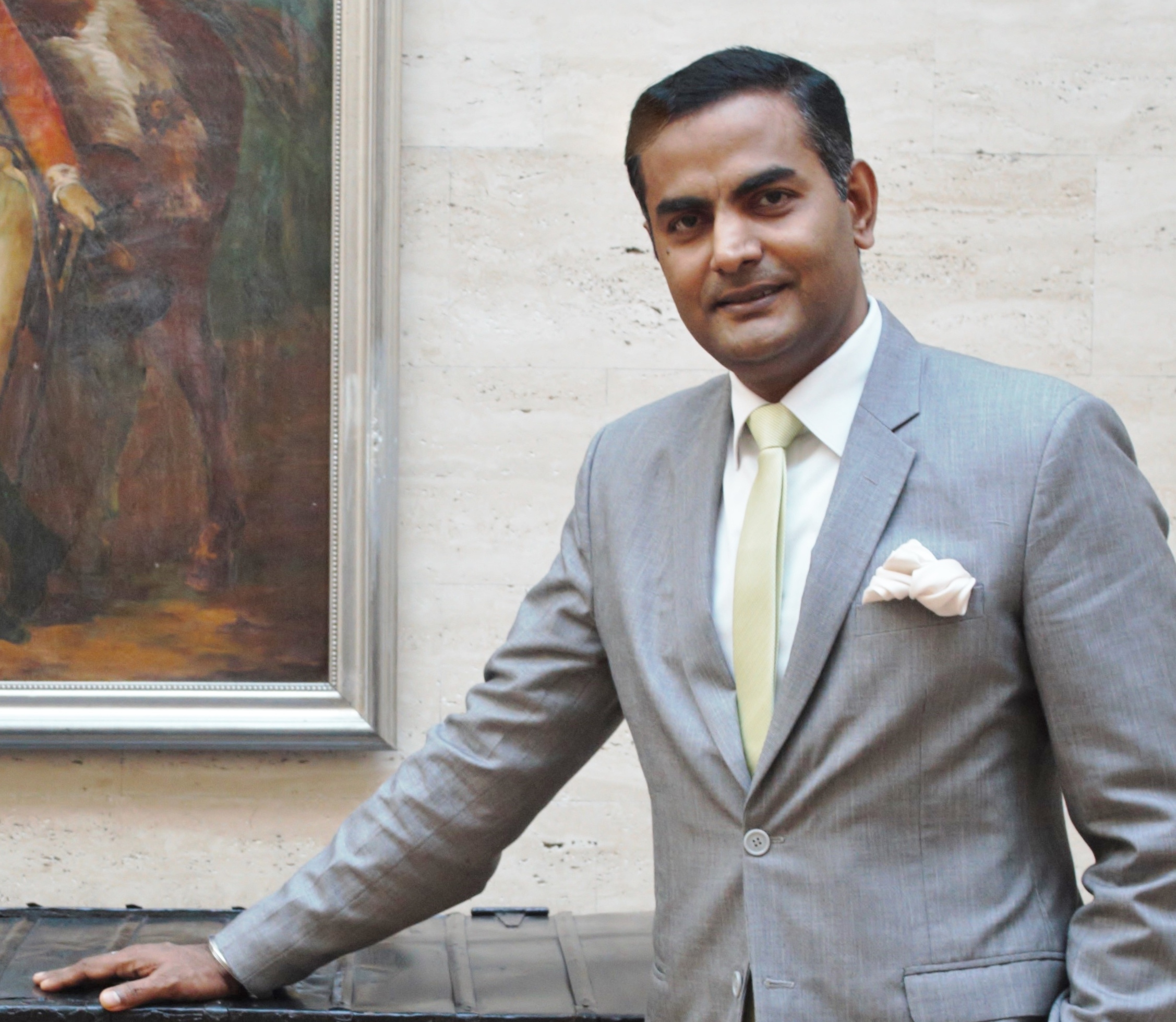Sheikh Hasina, the longest-serving Prime Minister in Bangladesh’s history, recently concluded her 15-year term in office and left the country, marking the end of an era defined by her significant contributions to the nation. Her departure, announced by her son Sajeeb Wazed Joy, was a culmination of intense protests and civil unrest that ultimately led to her stepping down.
Born into a politically influential family, Sheikh Hasina’s early life was marred by tragedy. In 1975, while she was abroad, a group of army officers assassinated her parents, three siblings, and household staff. This brutal act not only propelled her into the political arena but also fueled her resolve to lead her country towards progress and stability. Hasina’s father, Sheikh Mujibur Rahman, is revered as the founder of independent Bangladesh, a legacy she carried forward with determination.
Hasina’s political journey was fraught with challenges. After years of exile in India, she returned to Bangladesh to lead the Awami League. Despite facing house arrest and political suppression by military rulers throughout the 1980s, she persevered and, in 1996, won her first term as Prime Minister. Her tenure was marked by efforts to stabilize a nation emerging from political turmoil and economic hardships.
During her time in office, Hasina transformed Bangladesh from a struggling state into one of Asia’s rising economies. When she assumed power, Bangladesh was considered a failing state, grappling with poverty and instability. Under her leadership, the country experienced remarkable economic growth, earning the moniker of a “rising tiger of Asia.” Her government focused on infrastructure development, healthcare, education, and social welfare programs, significantly improving the quality of life for millions of Bangladeshis.
Despite her achievements, Hasina’s tenure was not without controversy. Her administration faced criticism for suppressing dissent and limiting political freedoms. The 2018 general election, which saw her win a fourth consecutive term, was boycotted by the main opposition amid allegations of unfair practices. Nevertheless, her supporters credit her with bringing stability and progress to a country that once teetered on the brink of collapse.
The recent protests, which began as peaceful demonstrations against a quota system for government jobs, quickly escalated into a broader movement against Hasina’s government. The ensuing clashes with security forces resulted in significant casualties, ultimately leading to her resignation and departure from Bangladesh. Her son, Sajeeb Wazed Joy, revealed that Hasina left the country at her family’s insistence for her own safety.
As Sheikh Hasina steps away from the political limelight, her legacy as a transformative leader endures. Her journey from a bereaved daughter to a powerful Prime Minister illustrates her resilience and commitment to her nation. While her tenure was marked by both triumphs and trials, there is no denying that Sheikh Hasina played a pivotal role in shaping the modern trajectory of Bangladesh.

Surjitt Sahani











